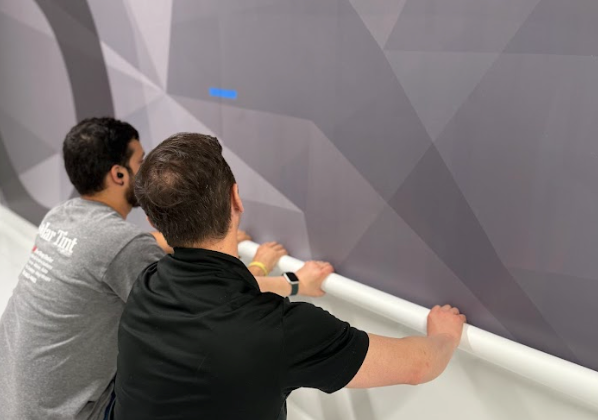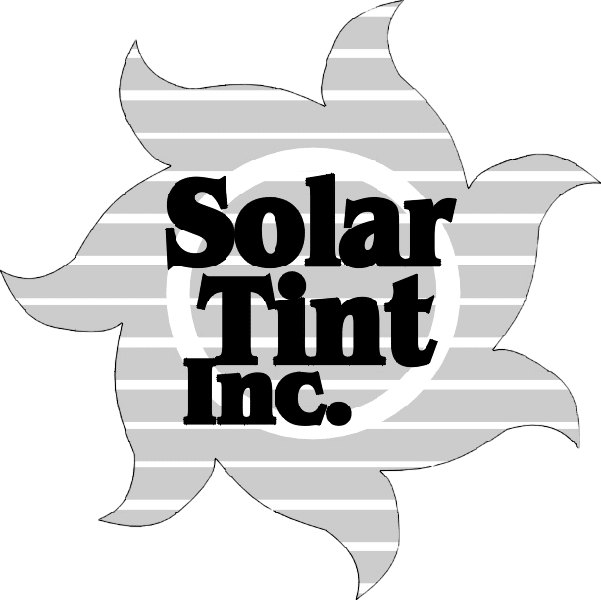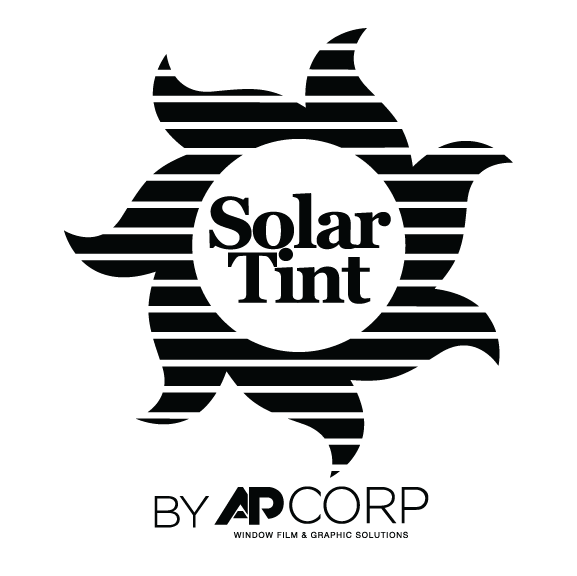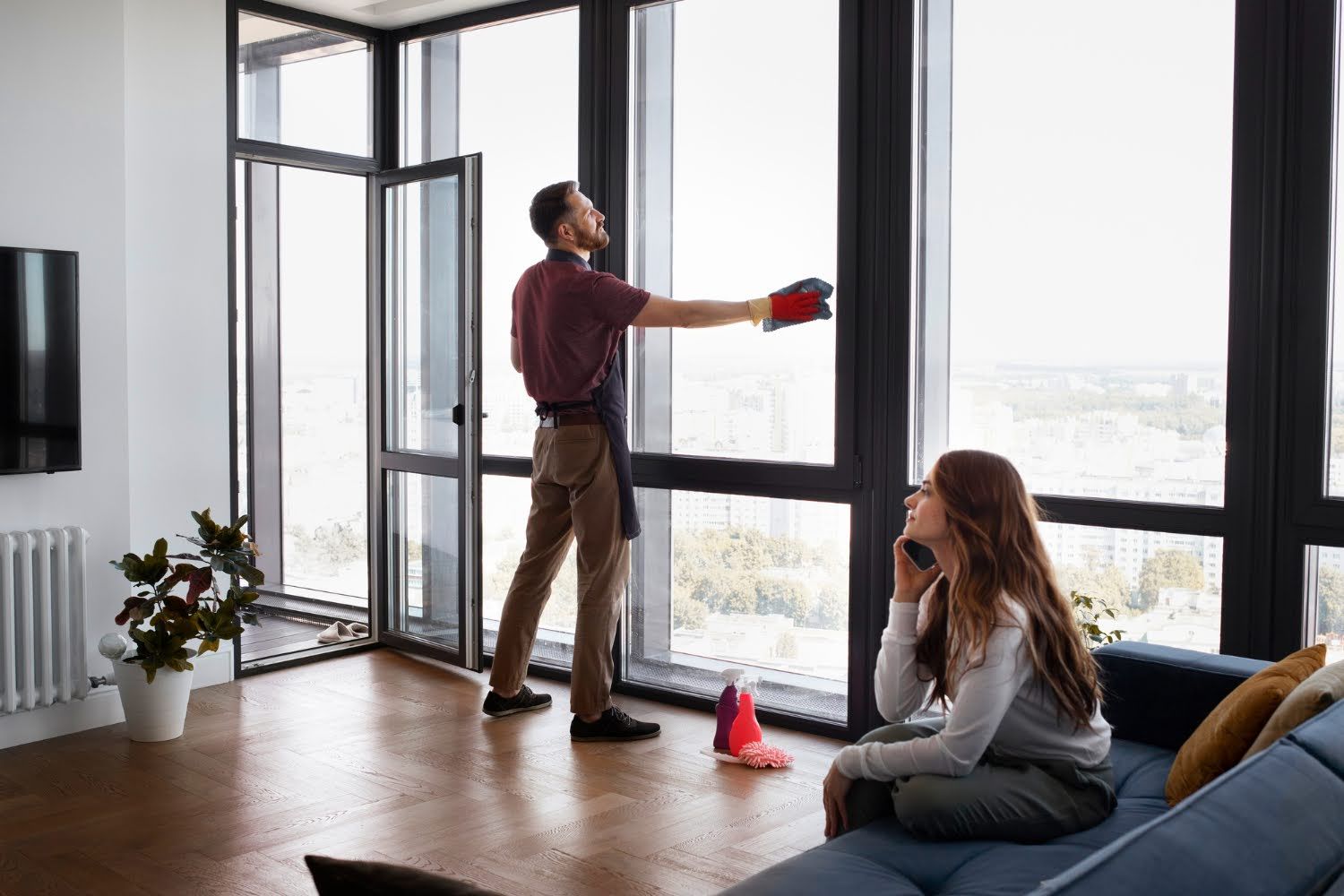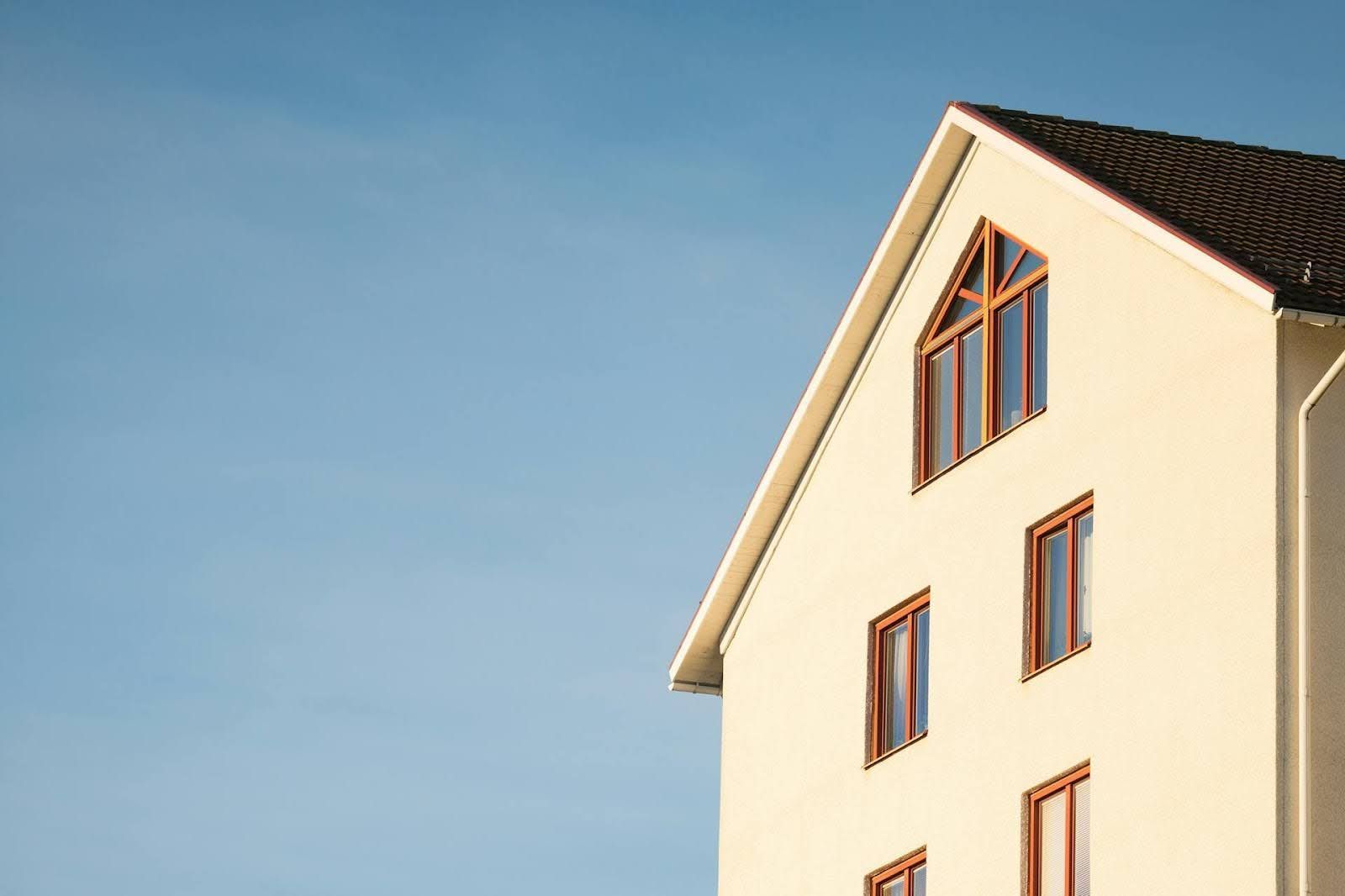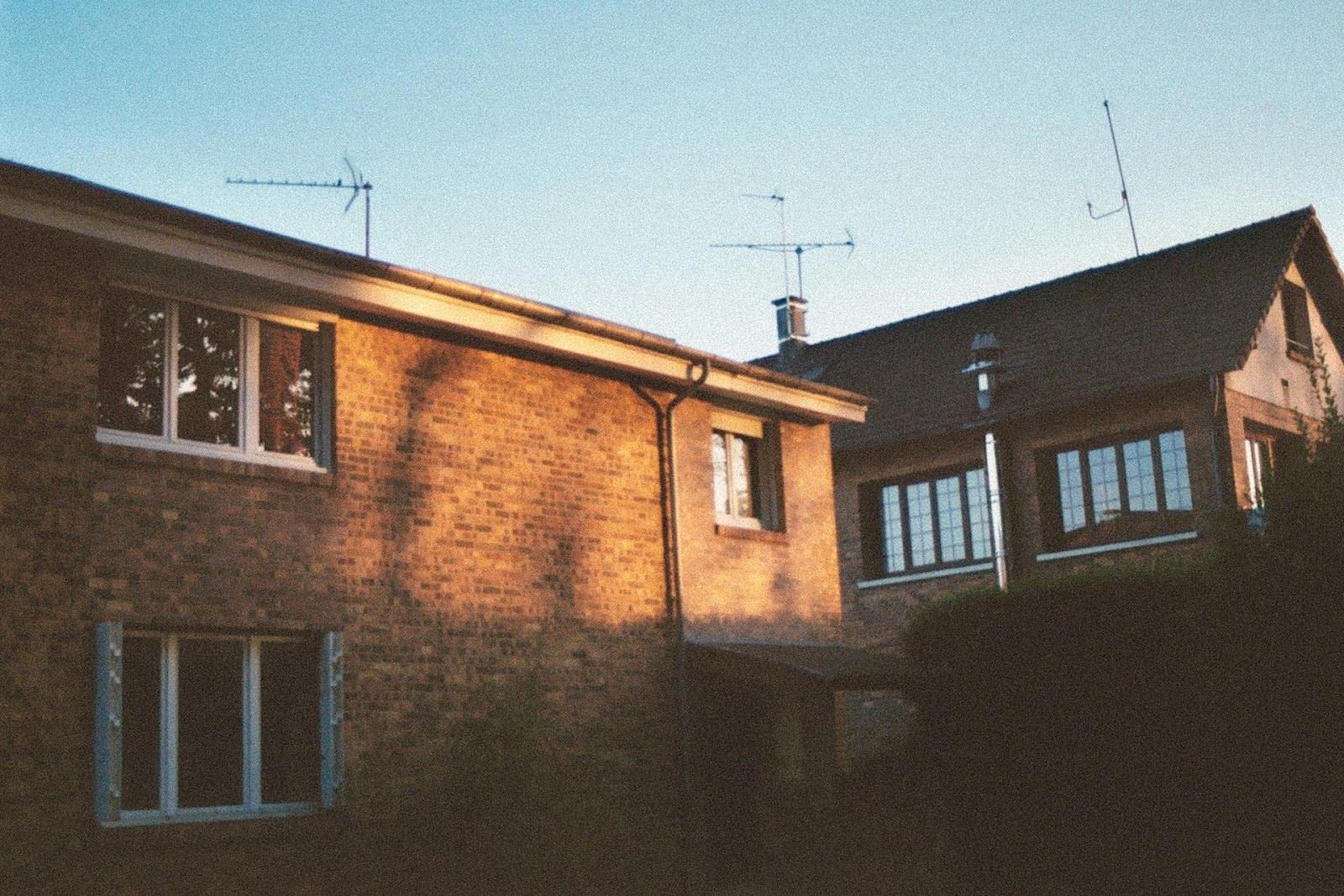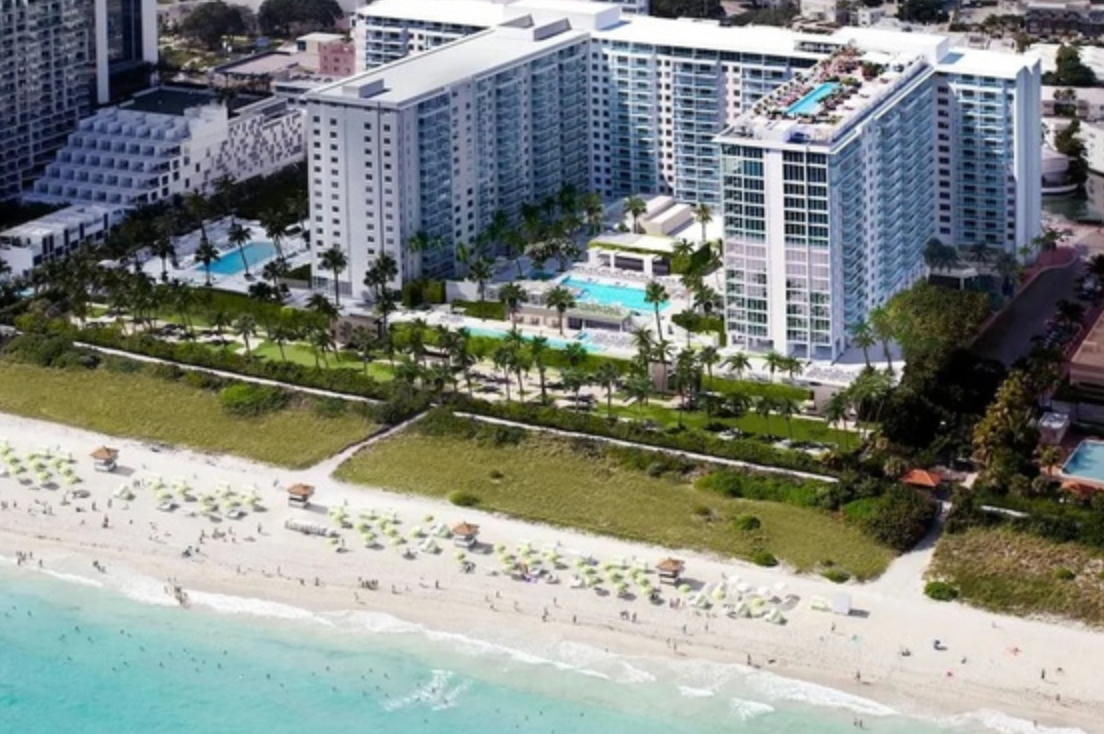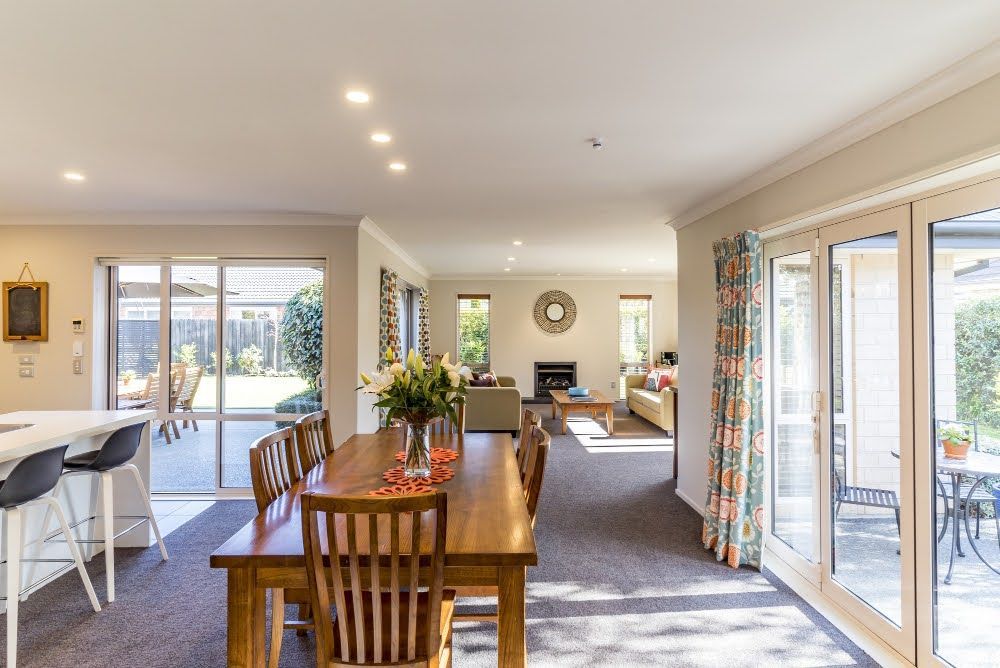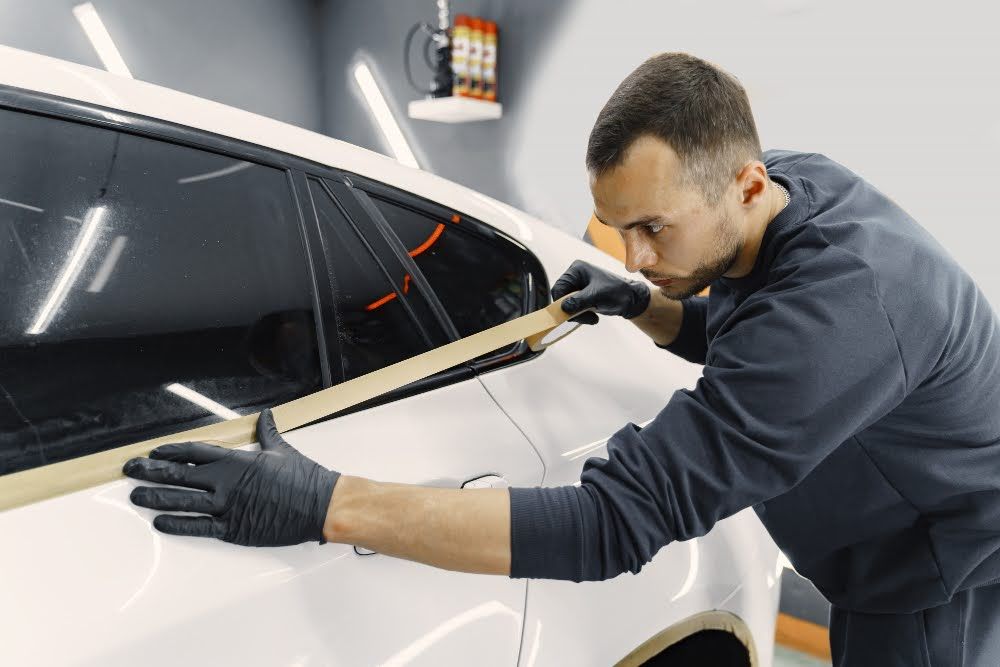Does UV-Blocking Window Film Really Reduce Heat? Here’s What Experts Say
Step into a sunlit room in Florida, and you’ll feel the difference sunlight makes-not just in brightness but in temperature. The glass that makes your home or office feel open and inviting also acts like a heat magnifier.
That’s why more property owners are asking: Does UV-blocking window film reduce heat, or is it just a marketing buzzword?
Experts in energy efficiency and building comfort have been studying this for decades, and the results are clear: window film does more than block harmful rays.
The right type of home solar film can significantly lower indoor heat, protect furnishings, and save on energy bills, while commercial solar film provides the same benefits for offices, hotels, and other business spaces.
The Science Behind Window Heat Gain
To understand how film works, it helps to know where the heat comes from in the first place. Sunlight contains three primary components:
- Visible light – the brightness our eyes can see
- Ultraviolet (UV) rays – invisible rays that fade fabrics, damage skin, and weaken interiors over time
- Infrared (IR) radiation – the main driver of solar heat
When sunlight passes through untreated glass, infrared energy pours in, raising indoor temperatures. Traditional glass doesn’t filter much; it allows heat, UV, and light in almost equally.
Window film changes that equation. UV-blocking films are engineered with microscopic layers that selectively filter light.
They block 99% of UV radiation and a large portion of infrared heat, while still letting natural daylight through. The result? Cooler interiors without turning windows into dark mirrors.
Experts Weigh In: Heat Reduction You Can Measure
Energy and building performance experts agree that the impact of UV-blocking film is quantifiable. Multiple studies show:
- Standard UV-blocking films reduce solar heat gain by 30%–50% depending on glass type and exposure.
- Advanced ceramic or prestige films can push heat rejection even higher while remaining nearly invisible.
- Large buildings with extensive glass walls often report a 10%–15% drop in annual cooling costs after installation.
So, the evidence from both lab tests and real-world case studies says that UV-blocking window film indeed reduces heat.
Beyond Heat: The Extra Benefits of Window Film
While heat reduction is the headline feature, UV-blocking film delivers additional perks that property owners quickly notice:
- UV protection – Blocking 99% of UV rays
protects your home's interior, preventing fading of wood floors, fabrics, and artwork.
- Glare reduction – Makes it easier to use screens and enjoy rooms during peak sunlight hours.
- Balanced comfort – Eliminates hotspots near windows, creating more even room temperatures.
- Skin safety – Protects occupants from UV exposure indoors, an often-overlooked health risk.
For businesses like hotels and retail stores, these benefits directly affect guest comfort, brand image, and long-term property upkeep.
A Boost for Energy Efficiency
Florida homeowners and businesses spend heavily on air conditioning, especially in peak summer months. Window film helps reduce the load on HVAC systems by limiting the heat that enters in the first place. That means:
- Reduced energy costs, which means lower monthly utility bills
- Less wear and tear on cooling equipment
- Extended lifespan for HVAC systems
- Environmental benefits from lower energy use
It’s why the Department of Energy lists window film as one of the most cost-effective upgrades for improving building performance.
Why Premium Films Outperform Basic Tints
Not all films deliver the same results. Entry-level dyed films may darken glass but don’t block much heat. Premium films, like ceramic or multilayer prestige films, are designed with advanced nanotechnology that filters light more precisely.
For example, a product like 3M Prestige 70 can:
- Reduce heat gain by up to 50%
- Remain virtually invisible, preserving natural light
- Resist fading, bubbling, or peeling over time
- Maintain true-to-life colors without distorting the view
These qualities make high-performance films the go-to choice for luxury hotels, commercial buildings, and homes where design matters as much as function.
Knowing which window film types suit your home or commercial space ensures long-lasting results and optimal comfort.
The Florida Example: Hotels and Homes
Florida’s climate is an ideal test case for window film because of its year-round sunshine and high humidity.
Hotels like Miami’s 1 Hotel South Beach have already adopted premium films to tackle severe heat gain while maintaining world-class views.
Homeowners can experience the same benefits of window tinting. By applying UV-blocking film, they reduce heat in sun-facing rooms, protect their interiors from fading, and create living spaces that stay cooler without relying exclusively on blinds or heavy curtains.
Both commercial and residential examples prove the point: UV-blocking film doesn’t just improve comfort but enhances property value and reduces operating costs.
Why Installation Quality Matters
Even the best film won’t perform if it’s applied poorly. Bubbles, seams, or peeling edges let heat and UV slip through, diminishing the benefits. That’s why professional installation is key.
Experienced installers ensure:
- Seamless application with no visual distortions
- Compliance with local tinting and building codes
- Long-term adhesion and durability
- Warranty coverage that protects your investment
The result is immediate and long-lasting: cooler interiors, clearer windows, and reliable protection year after year.
So, Does UV-Blocking Window Film Reduce Heat?
The short answer? Yes. The longer answer? Absolutely, and it does so while offering a range of other benefits, from UV protection to energy savings.
At Solar Tint Inc., we provide professional window tinting services in Miami, specializing in premium films built for Florida’s demanding climate.
Our solutions cut heat gain, protect interiors, and preserve the beauty of natural light—all while helping you save on energy.
Ready to feel the difference in your own home or business?
Contact Solar Tint Inc. today and let us help you choose the right UV-blocking film for your space!
